The Australian people have always insisted on recycling waste in the hope of doing something good for the environment. But as large companies shirk their own responsibility, everyone`s efforts are doomed to failure. In January, China announced that it would no longer import contaminated waste from Australia, putting local industries in crisis and has yet to recover.
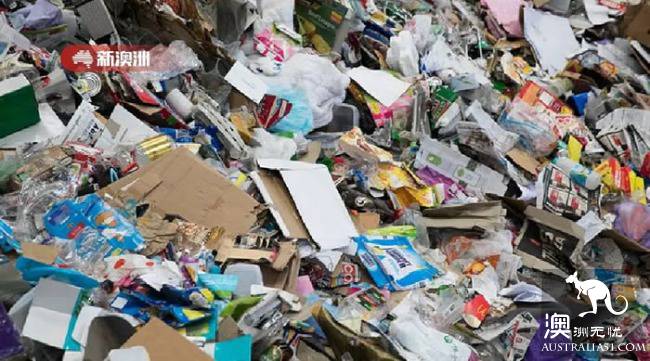
But the consequences of the crisis of public trust are the worst.
Helen Millicer, an environmental consultant, said: "Australians love recycling, which has always been the No. 1 sustainable development activity in Australia. Every other week, we push out the yellow dumpster and feel like we`re doing our best to protect the environment. "
Now, however, we know that what we do is of no use to the environment-at least not as it has been advertised before.
Much of the waste that ordinary people have tirelessly sorted out has actually been shipped to Chinese cities like Qingdao, where hazardous waste has piled up in mountains.
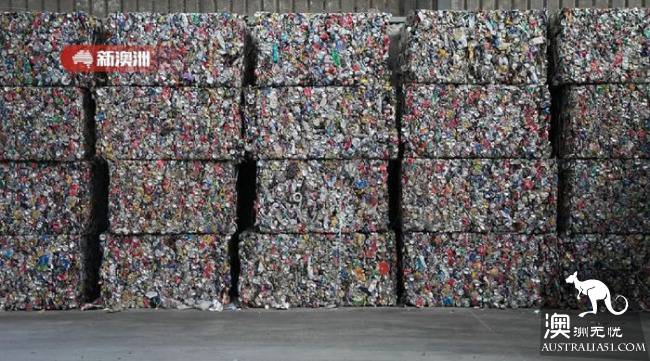
Dr Karl Williams, of the University of Central Lancashire, told Fairfax Media: "if you just collect it and ship it to China, it can`t be called recycling. It`s just garbage collection."
Well, most of us didn`t know before, so we`re not recycling at all.
In other words, Australians are committed to doing things that are good for the environment-and then find themselves fooled.
How will this affect people`s attitudes towards environmental activities? In particular, people have a deep critical view of politicians and politicians.
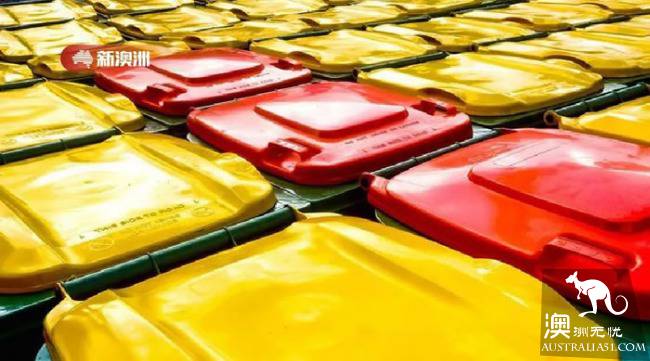
To understand how we get into today`s mess, we have to look back on history.
The modern concept of recycling dates back to the postwar boom when American companies began using disposable packaging. As Matt Wilkins describes in Scientific American magazine (Scientific American): "much higher margins excite manufacturers because they now sell not only products, but also packaging." Manufacturers are no longer responsible for recycling, cleaning and reusing packaging. "
This is not a public innovation. On the contrary, the devastation caused by the new business practices angered many ordinary Americans at the time. In 1953, for example, dairy farmers in the US state of Vermont were furious because garbage suddenly began to appear on their ranches, and farmers urged a law banning disposable bottles.
To prevent the introduction of new environmental laws, companies linked to the one-off packaging industry (including Coca-Cola, American canned companies), Irving Illinois Glass and other large companies have set up a non-profit organization called (Keep America Beautiful) America, which has strong financial resources and aims to impute pollution to consumers. Its propaganda pollution is the consumer`s fault, should not blame one-time packaging and manufacturers.
"Packaging doesn`t throw itself on the ground," said an American canteen executive at the time. "it`s a man`s responsibility to throw trash anywhere."
"Beautiful America," a powerful and effective media campaign, has made the word "(litterbug)" a buzzword, and people who litter everywhere will be dubbed "junk bugs."
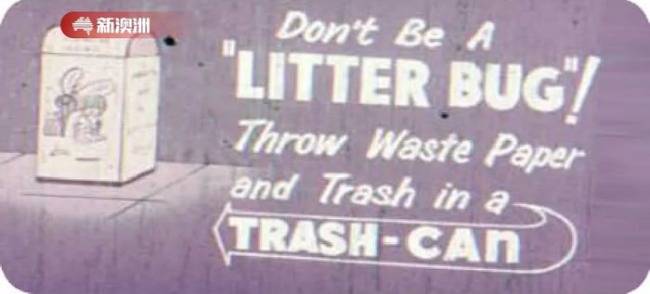
Columnist Bradford Plumer wrote in the US magazine "Mother Jones" (Bradford Plumer): "in conclusion, Beautiful America has successfully turned around the debate on American garbage. Production regulation is no longer a priority (for example, requiring bottle and can manufacturers to produce reusable products that are noticeably low in profits). The trash bug turned out to be a real villain. Beautiful America supports fines and even jail sentences for litters, even though littering is only a small part of the U. S. garbage problem. "
The recent involvement of Beautiful America in the "I want Recycling" campaign is another example of its ulterior motives, says Wilkins.
The biggest success of Beautiful America, he insists, is` shifting the core of environmental responsibility to the public and turning itself into a reputable environmental organisation.`"
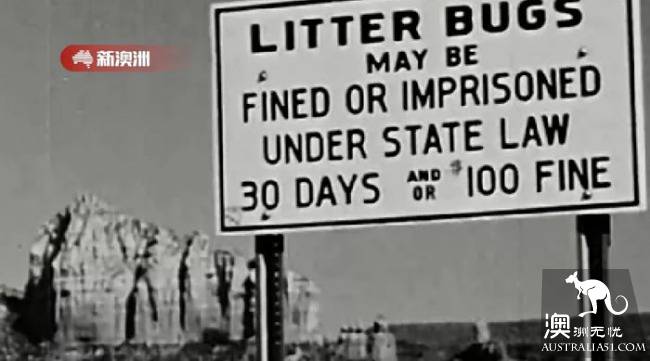
The same is true in Australia, where cunning Australian companies have proved as keen to sponsor these "environmental groups" as "foxes give hens gifts."
McDonald`s, for example, says it has been supporting "Clean Australia Day" (Clean Up Australia), since Year Nineteen Eighty-nine, while Coca-Cola and (Keep Australia Beautiful), a beautiful Australia organization, maintain a long-term partnership.
However, according to research by Beautiful Australia, McDonald`s and Coca-Cola produced 1/3 of all waste dumped in Victoria in 2013.
Companies blame social responsibility for their actions on consumers-so deeply entrenched that we all overlook how absurd it is.
7x11 convenience store is currently working with the green cup Simply Cups, whose front-door logo says: "help us reduce the use of cups, millions of cups can be saved from entering landfills."
What does that mean? Such a big company urged customers to force themselves to cut back on garbage, as a serial murderer demanded: "stop me before I kill again!"
If society wants to put an end to corporate child labour, it will not rely on the products of the consumer boycott company to achieve results, but will directly correct it.
However, facing the real environmental crisis, our leaders still insist on solving the problems caused by the market economy.
Even before China imposed a ban on imports of waste goods, private recycling companies in Australia had been exposed, putting their interests ahead of environmental protection.
Last September`s, Four Corners programme revealed that a large number of glass bottles recycled by ordinary Australians were not really recycled, but simply piled aside or simply discarded. In a documentary filmed by Fairfax in February 2018, Thousands of tons of recyclable waste are directly buried in the new state.
Both have the same explanation: pollution is more profitable than environmental protection.
Under a rational system, China`s campaign to crack down on toxic waste should be good news for strong environmental protection.
But this is not good news for our system.
Such distortions send a signal that it is time for a fundamental reflection.
"Saving the planet by recycling plastic is like driving a nail to stop skyscrapers from collapsing," Wilkins wrote. First of all, finally found a suitable place to nail this nail, after the nail is quite a sense of accomplishment. But your efforts are completely inadequate and distract. What you should have noticed is the nature of the problem-what first caused the tilt of the building? "
Most people observe intuitively that our economic system depends year after year on sustained, unplanned growth that is directly linked to the ubiquitous particles of plastic in the deepest crevices and highest peaks on earth today. (see photo) -.
Therefore, the environmental protection movement urgently needs fundamental economic changes to completely end the production of pollutants, rather than limiting environmentally friendly people to such a consumption-driven, market-driven, ineffective environmental protection model based on a market economy. If this is not done, growing public scepticism will return to despair.

